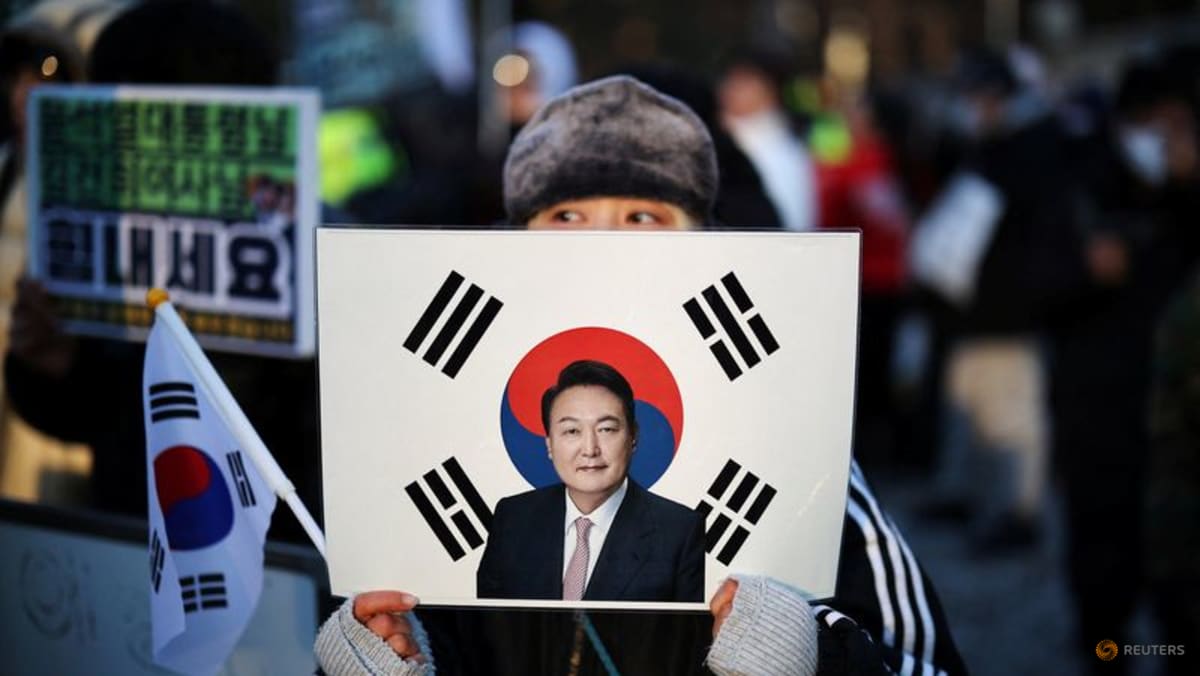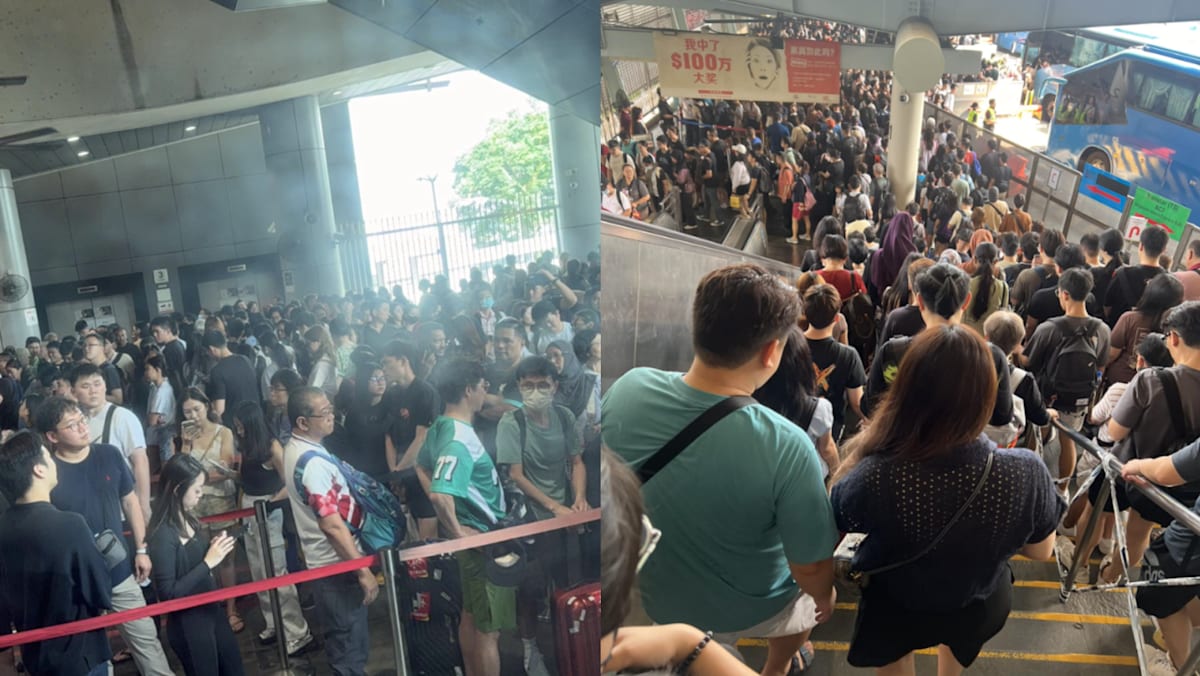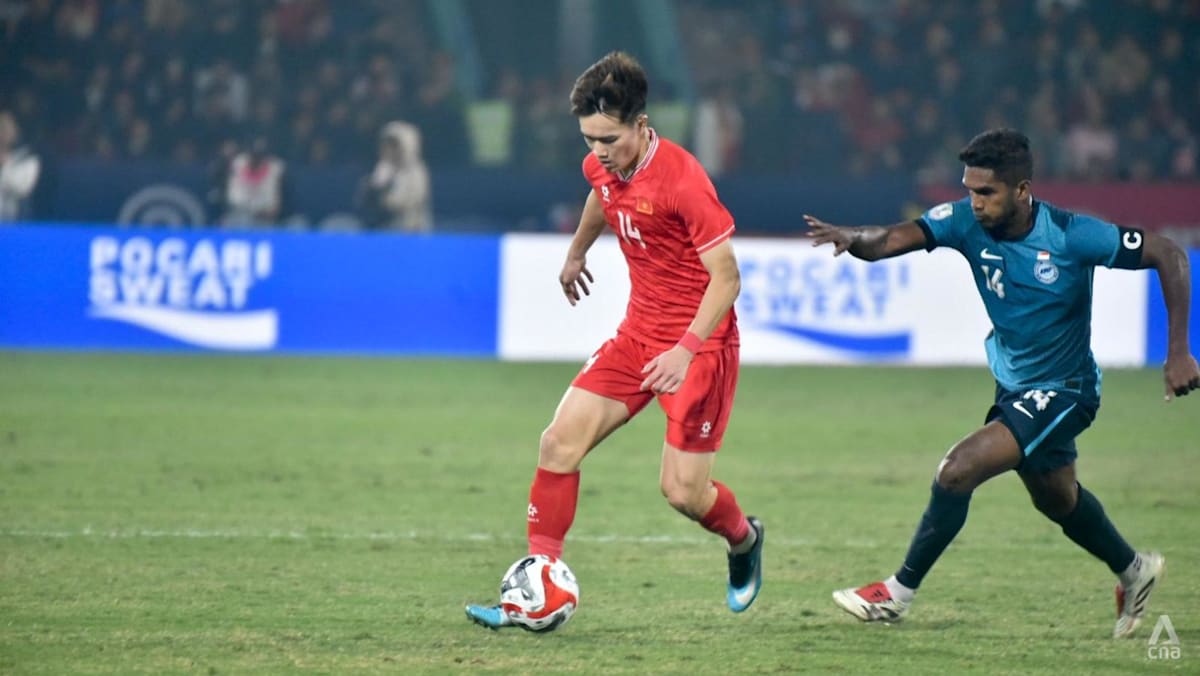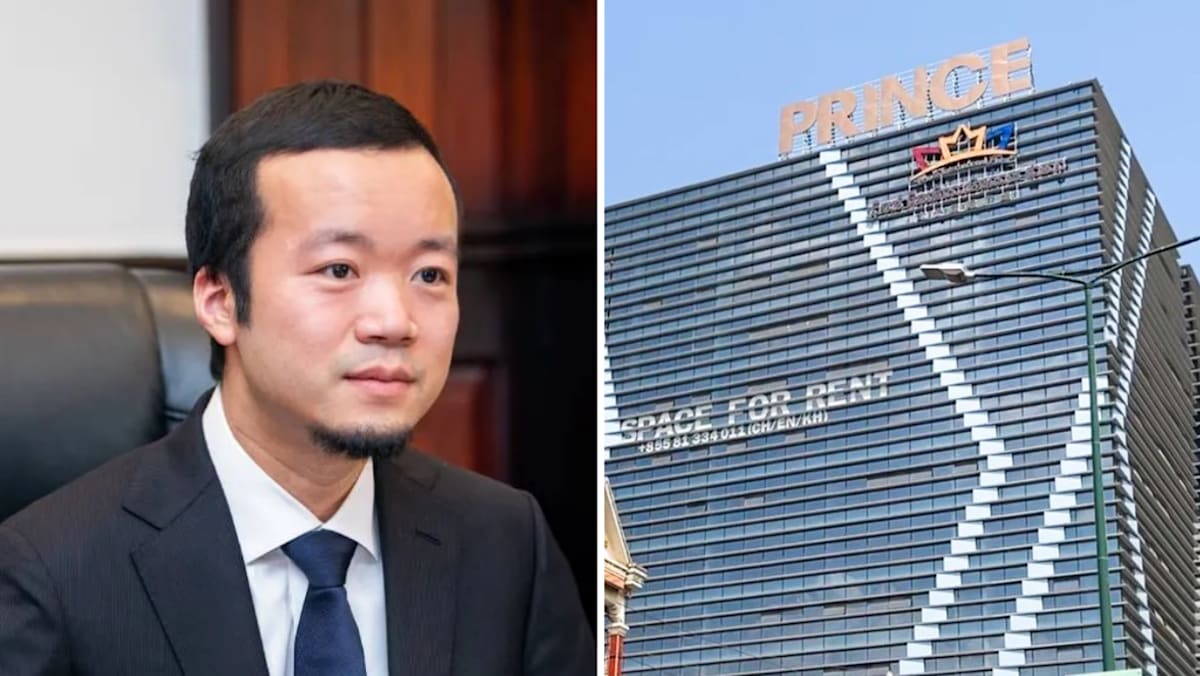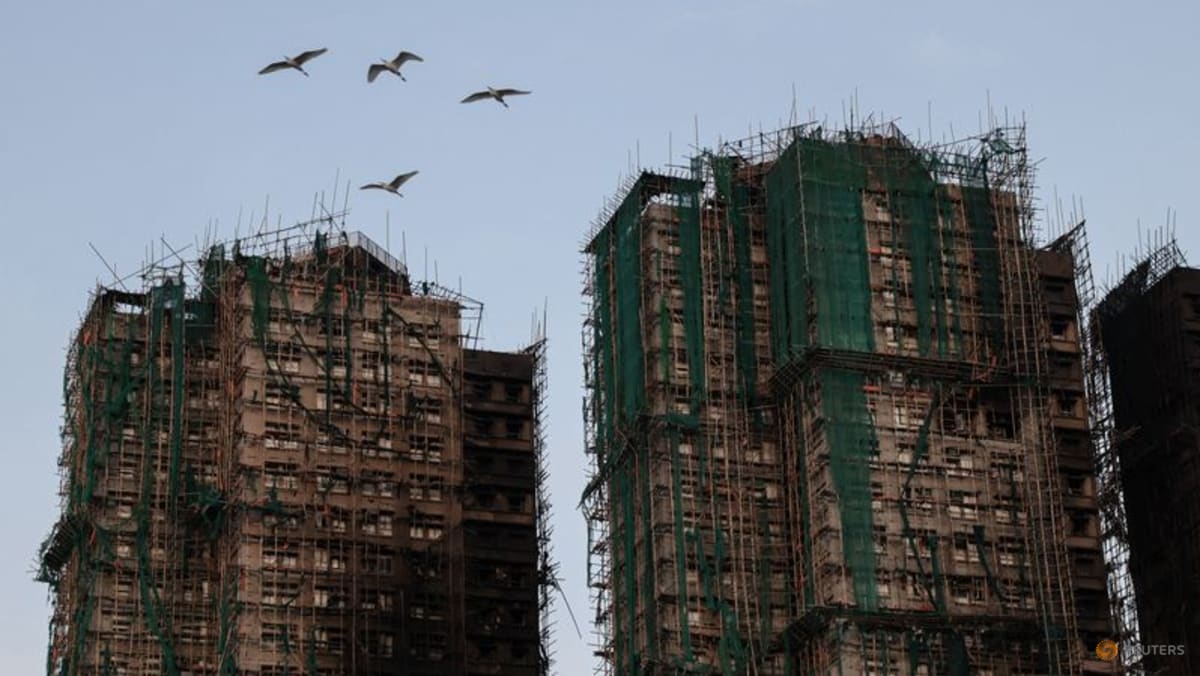Najib’s legal bid to serve remaining jail term under house arrest pushes Anwar government into awkward corner
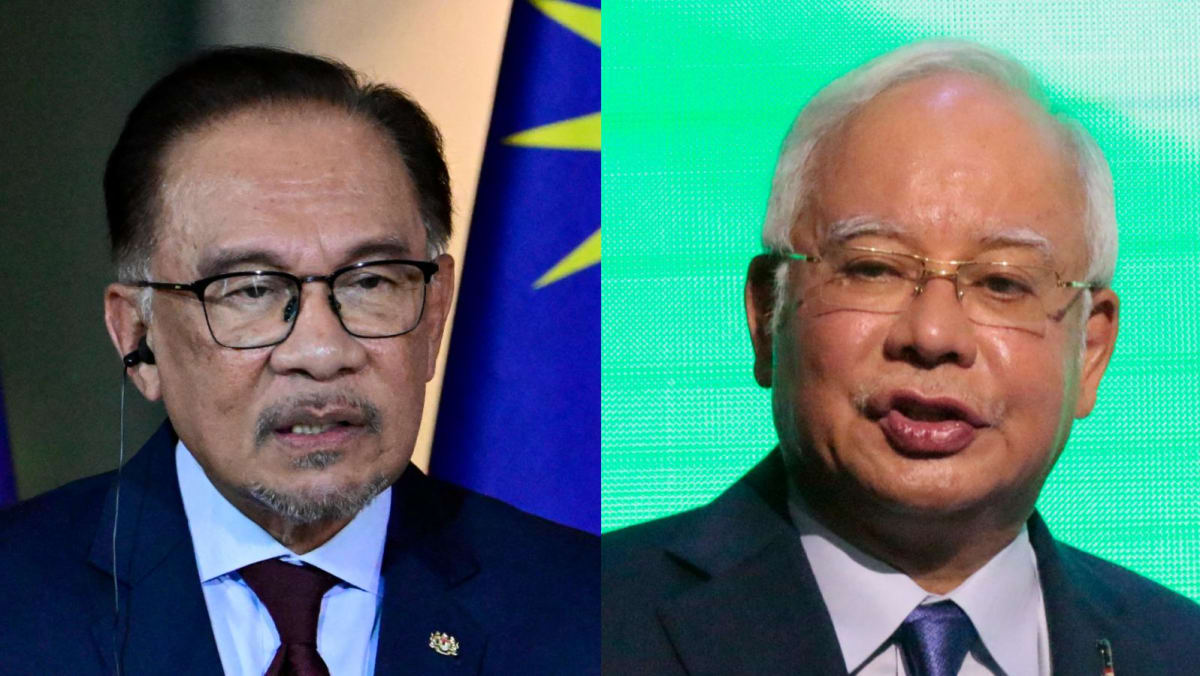
Najib, who was Malaysia’s premier for nine years until May 2018 and its first PM to be imprisoned, began serving his jail term in August 2022 after failing in two appeals to overturn his conviction by a Malaysian High Court two years earlier.
The clemency he secured in late January did not go down well with ordinary Malaysians.
Questions were raised as to why Najib, who had served less than two years of his lengthy sentence, had become eligible for a royal pardon – and at a time when he continues to be on trial for other corruption charges related to the 1MDB debacle.
Public debate, however, was muted because of the country’s tough sedition laws.
But this week’s bombshell that Malaysia’s most prominent convict could be allowed to serve his jail sentence under house arrest could raise serious questions over the country’s opaque pardon system and stir criticism that two sets of laws exist for convicted persons in Malaysia.
ANWAR GOVERNMENT IN AWKWARD CORNER
Malaysia’s government only recently agreed in principle to a new initiative called Licensed Prisoner Release, aimed at reducing congestion in prisons and promoting community correction.
It would let prisoners with jail terms of four years or less serve home detention, Home Minister Saifuddin said last month. The initiative could also include prisoners who have chronic illnesses or disabilities, as well as those who are senior citizens or pregnant women.
At an event in Ipoh, Mr Saifuddin had labelled reports questioning whether Najib would be allowed home detention “mischievous”, news outlet The Star reported.
In any case, Najib’s latest legal challenge has pushed the Anwar administration into an awkward corner.
A government challenge on Najib’s bid for house arrest would be viewed as tantamount to challenging the unfettered role of the country’s constitutional monarchy.
What’s more, it could also upset the delicate relations with the long-established United Malays National Organisation (UMNO), which is a crucial component in Mr Anwar’s coalition government.
Najib continues to wield significant influence in the party that he headed while he was Malaysia’s premier for nine years, and government opposition to the house arrest gambit could set the stage for a revolt among certain factions in UMNO against the Anwar administration.
“At this point, Anwar’s position is that he is against the house arrest for Najib,” said one government official, noting that the international reputation of the government and the country’s justice system would immediately be undermined.
Source: CNA







